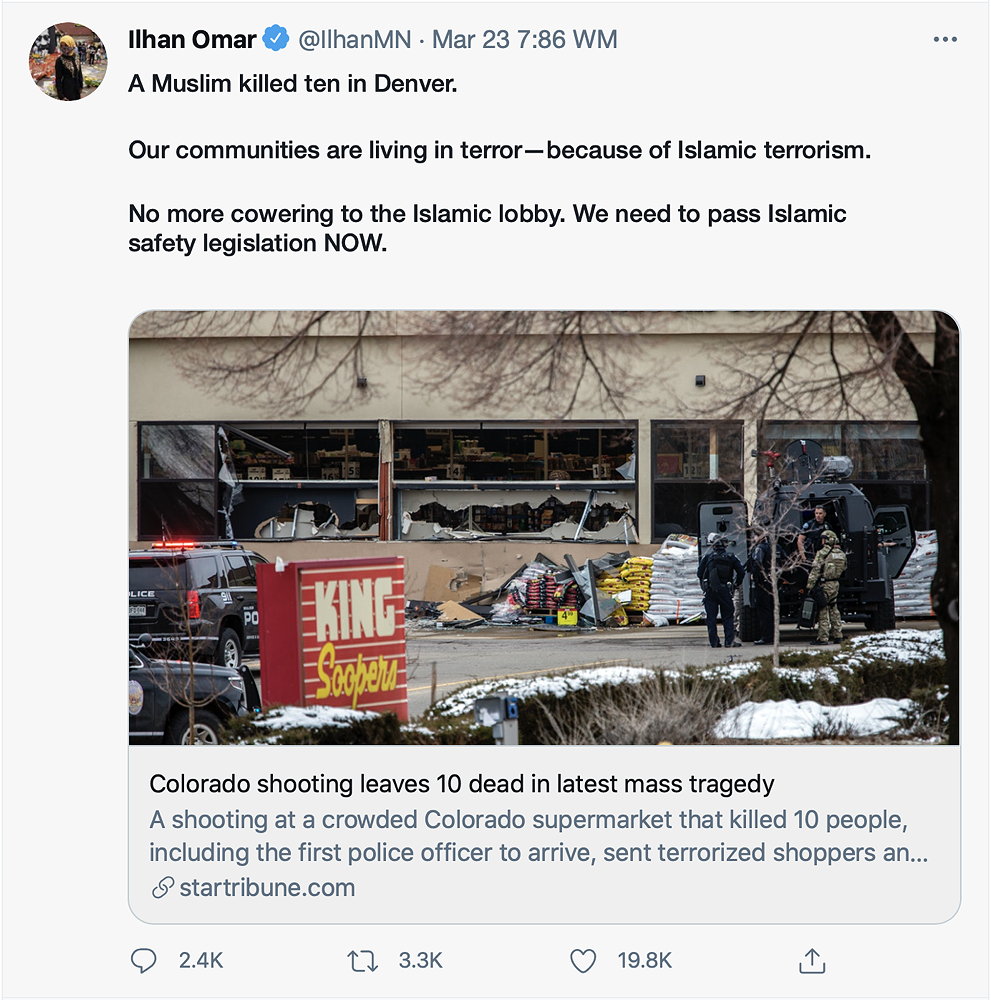Businesses line up to pay stealth trademark fines
Major businesses are rushing to Leo Stoller to encourage wider reading of trademark law.
Major United States trademark holders are capitulating to demands by an eccentric trademark holder who is making claims on common words in the English language. Mr. Leo Stoller claims trademark on all uses of the word “stealth”, for example, and regularly requests web sites and companies that use the word remove it from their writing and their products. Mr. Stoller tends to do this whether or not the use of the word infringes on his product’s place in the market under normal trademark law. According to Mr. Stoller, his “close association” with the word gives him special rights. “We’re entitled to own it with all goods and services,” he said. “We were there first.”
Mr. Stoller says his companies have been in federal court 60 times to defend his trademarks, but there is no record within the Lexis database of a federal court decision on “stealth” in his favor. Despite Stoller’s abysmal record in court, many major companies are settling with Mr. Stoller out of principle.
“It may not be what trademark is,” explained Panasonic trademark lawyer Warren J. Rottwiler, “but it is what trademark law should be.”
Microsoft Corporation, which saw a public relations fiasco last year when it moved against Canadian teen and software programmer Mike Rowe, announced that they were also going to pay a $10 fine to Mr. Stoller even without being sued, and also renounce the use of the word “stealth” in all products, out of solidarity with Mr. Stoller. “If our actions make for a more business-friendly trademark climate,” said Microsoft trademark lawyer Moses Napoleon, “we’ll consider that $10 an investment.”
Napoleon noted that Microsoft would prefer to block all use of the word “Windows” to describe operating systems that use windows to display documents and applications. “And if we can block all use of the term ‘windows’ to describe any transparent or partially-transparent device installed in walls to admit light or air, well, that would be very friendly to our business.”
“This is just another cost of doing business,” said Rottwiler. “We can afford it.”
“Exactly,” said Napoleon. “The more costs there are to starting up a business, the harder it is to compete against us.”
"If we can change public perception of trademarks without going to congress we’re better off," said Rottwiler. “We’d like to trademark all uses of the phrase ‘consumer electronics’, for example. We think we invented it.”
The best-known stealth brand may be the military’s B2 stealth bomber, whose main contractor, Northrop Grumman paid Mr. Stoller $10 and agreed to abandon its trademark applications to use “stealth bomber” in spinoff products like model airplanes and video games.
“We resolved it in a way that achieved our business purpose,” said Tom Henson, a Northrop Grumman spokesman.
- He Says He Owns the Word ‘Stealth’ (Actually, He Claims ‘Chutzpah,’ Too)
- Can a man own a word? And can he sue to keep other people from using it?
- The Stealth Trademark
- “As you can see from those links, when he goes to court, Leo Stoller usually loses. Why all these companies in the New York Times story just caved in is another story.”
- Owner of the Word Stealth ‘Protecting’ Rights
- “Just when you thought ownership of intellectual property couldn’t get any more absurd: The New York Times is reporting that the word ‘Stealth’ is being vigorously protected in all uses by a man who claims to exclusively own its rights.”
- Windows vs. Lindows trademark-infringement war
- “If the mark answers the buyer’s question ‘who are you?’ or ‘where do you come from?,’ the mark is valid as it refers to a particular producer of the goods or services. However, when a mark answers the buyer’s ‘what are you?’ question, the mark must be generic because it is identified with all such goods or services regardless of the producer. Lindows.com argued that ‘windowing’ and ‘window’ are generic adjectives [and demonstrated] repeated references to compound terms such as ‘window manager’ and ‘windowing environment.’ Companies such as Xerox, Apple and Digital Research have used the term ‘windows’ generically since the mid-1960s.”
- Lindows and high-tech trademark troubles
- “If you can’t think of any other term to describe a product, that term probably is generic. What term could the maker of a windows-based user interface use, to describe its product? If ‘windows’ is generic for graphical user interfaces, Microsoft cannot prevent anyone else from using that mark. The judge did not rule that Windows is a generic term. But he found lots of evidence that it might be. The press used the word ‘windows’ to describe a graphical user interface for personal computers before Microsoft launched the first version of its operating system--and it continues to use the term generically today.”
- Microsoft to sue Mike Rowe for Copyrights
- Slashdot (along with the rest of the news media) confuses trademark with copyright.
- Microsoft takes on teen’s site
- “Rowe, a 17-year-old high school senior and Web designer from Victoria, has angered the software giant by registering an Internet site with the address www.MikeRoweSoft.com.”

